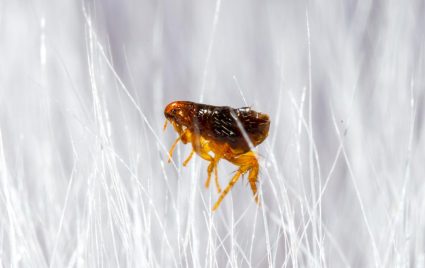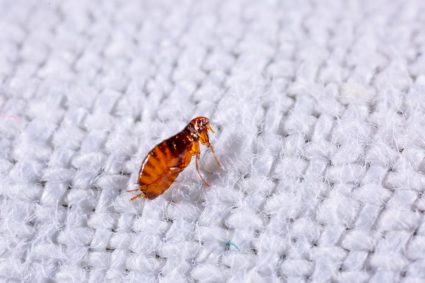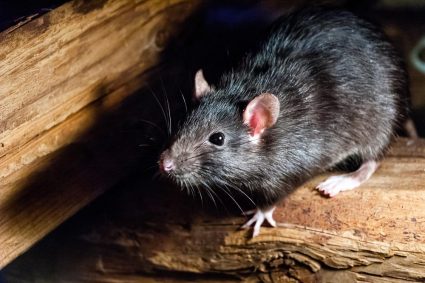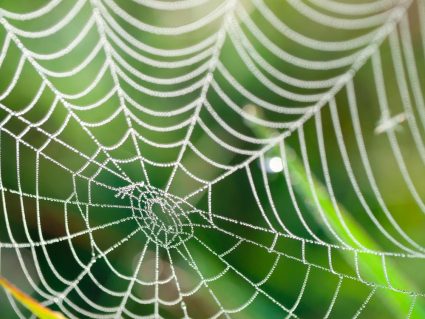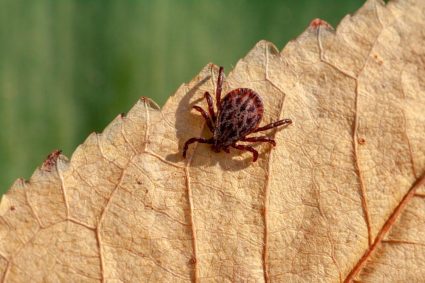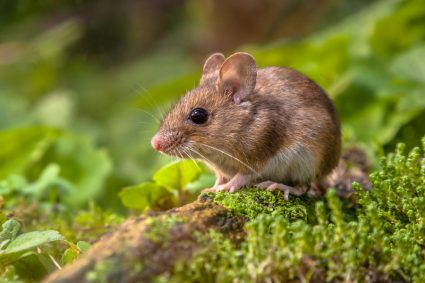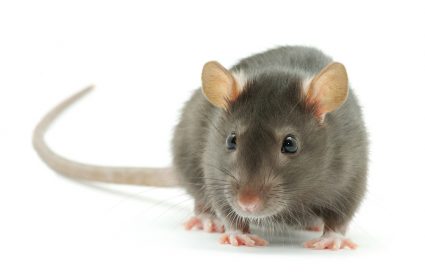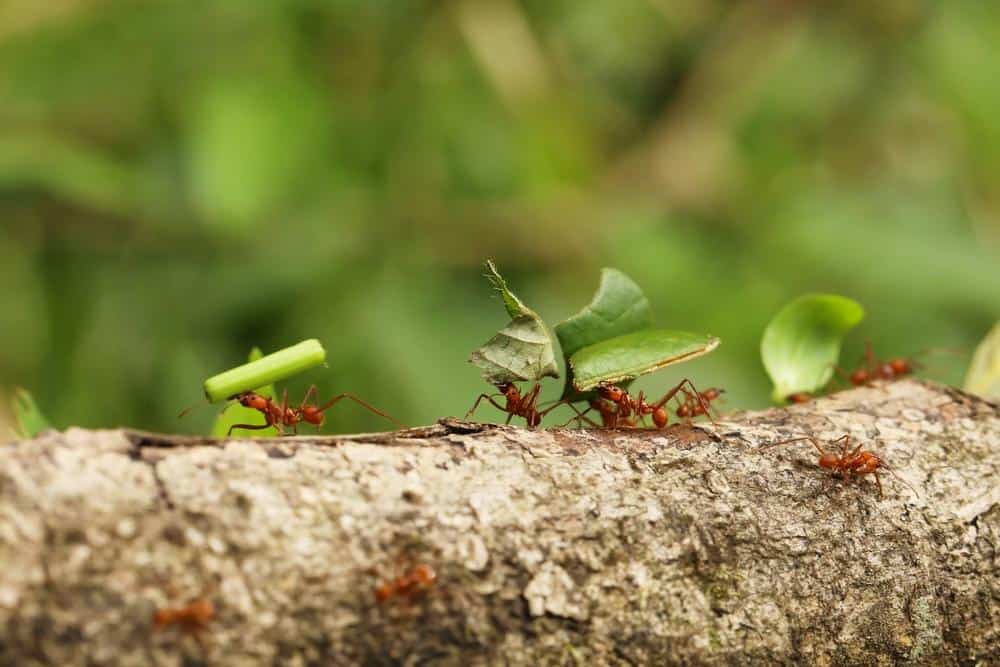
In the world of pest control, many products claim to be the ultimate solution for your ant problem. One of these is Malathion, an organophosphate insecticide. But the question remains: Does Malathion Kill Ants? The answer is yes, Malathion can indeed kill ants. However, as with all insecticides, there are considerations and precautions to keep in mind.
Yes, Malathion can kill ants. It is an organophosphate insecticide that disrupts the nervous system of insects, which can be fatal. While it’s not specifically labeled for ants, it has been proven effective in controlling them, especially carpenter ants. However, it’s important to note that Malathion is also highly toxic to bees, some fish, and other beneficial insects, and precautions must be taken when using it.
Understanding Malathion
Malathion is an organophosphate insecticide with a chemical formula of C10H19O6PS2. Its primary function is to inhibit the enzyme acetylcholinesterase (AChE) at nerve endings in various organisms. This disruption leads to an overstimulation of the nervous system, which can be fatal to insects.
Malathion is used in a variety of settings, from agricultural environments to residential areas, and even in public health pest control programs. For example, it is used in fruit fly eradication programs and to combat mosquitoes carrying diseases such as West Nile virus.
Effectiveness Against Ants
While Malathion is not explicitly labeled for ants, it has proven to be effective in controlling them. It is especially potent against carpenter ants. However, it’s important to remember that Malathion is also highly toxic to bees and other beneficial insects, some fish, and other aquatic life.
In terms of application, products containing Malathion, such as Spectracide Malathion Insect Spray Concentrate, advise thoroughly soaking ant hills with the spray. However, baits are generally the preferred chemical method for ant control. These slow-acting toxicants are collected by worker ants and passed on to other ants during their sharing of food and colony communication chemicals.
Risks and Precautions
Despite its effectiveness, Malathion presents potential risks and side effects for both humans and pets. In humans, high exposure can cause symptoms such as nausea, weakness, shortness of breath, cramps, headaches, and diarrhea. In pets, symptoms may include excessive drooling, abdominal cramping, vomiting, and difficulty breathing.
Long-term exposure to Malathion can affect various organs and has been linked to genotoxic and carcinogenic effects. The U.S. Environmental Protection Agency (EPA) has stated that there is “suggestive evidence of carcinogenicity but not sufficient evidence to assess human carcinogenic potential”.
Given these risks, precautions must be taken when using Malathion, such as wearing protective equipment, following label instructions, avoiding exposure to beneficial insects and aquatic life, and storing and disposing of the product properly.
Alternatives to Malathion
If you’re looking for alternatives to Malathion, consider the following options:
- Spinosad: A natural substance made by a soil bacterium that can be toxic to insects. It is used to control a wide variety of pests, including ants.
- Soap sprays: Non-toxic sprays that can kill insects by smothering them, preventing them from breathing.
- Neem oil: A natural insecticide derived from the neem tree, effective against various pests with relatively little effect on beneficial insects.
- Diatomaceous earth: A type of powder made from the fossils of marine phytoplankton, which can be effective in killing ants.
- Peppermint oil: A natural repellent that can deter ants and other pests.
Remember, the effectiveness of these alternatives may vary depending on the specific ant species and situation.
In conclusion, while Malathion can kill ants, it’s important to consider its potential risks and side effects. Always follow safety guidelines and precautions when using any insecticide. And remember, there are alternatives available should you prefer a more natural approach to ant control.
Frequently Asked Questions
What is the recommended protective equipment when using Malathion?
When using Malathion, you should wear protective clothing, including long pants, a long-sleeved shirt, gloves, and goggles. If you are applying the product as a spray, a respiratory mask is also recommended to prevent inhalation.
Can I use Malathion inside my house?
Malathion is primarily intended for outdoor use. If you need to use it indoors, ensure proper ventilation and avoid contact with surfaces that children or pets may come into contact with. Always follow the manufacturer’s instructions on the label.
How long does it take for Malathion to kill ants?
The time it takes for Malathion to kill ants can vary, but typically you should start to see a reduction in ant activity within a few days of application.
Is Malathion harmful to plants?
While Malathion is generally safe for plants, it can potentially cause damage if applied in high concentrations or during hot weather. Always follow label instructions to minimize risk.
Can I use Malathion on my vegetable garden to control ants?
Yes, Malathion can be used in vegetable gardens, but you should carefully follow label instructions regarding application rates and pre-harvest intervals to ensure it is safe to consume the produce. Always wash your vegetables thoroughly before consumption.

